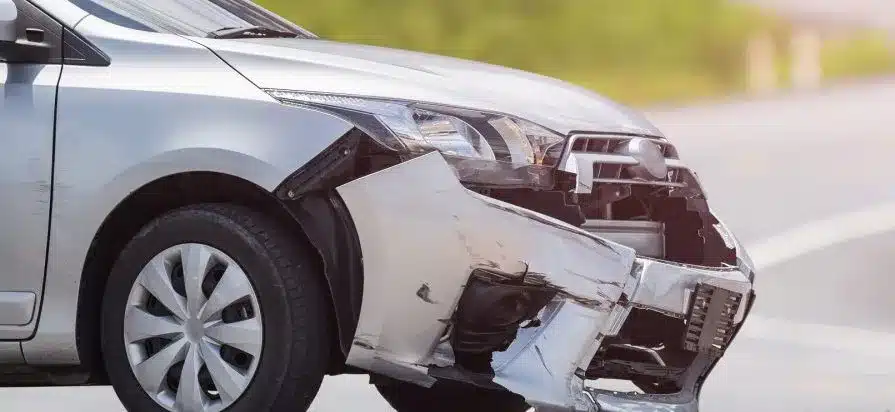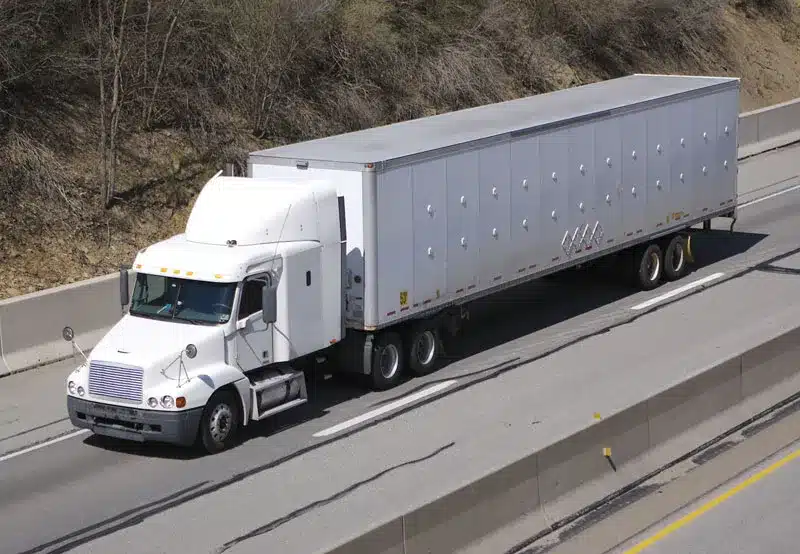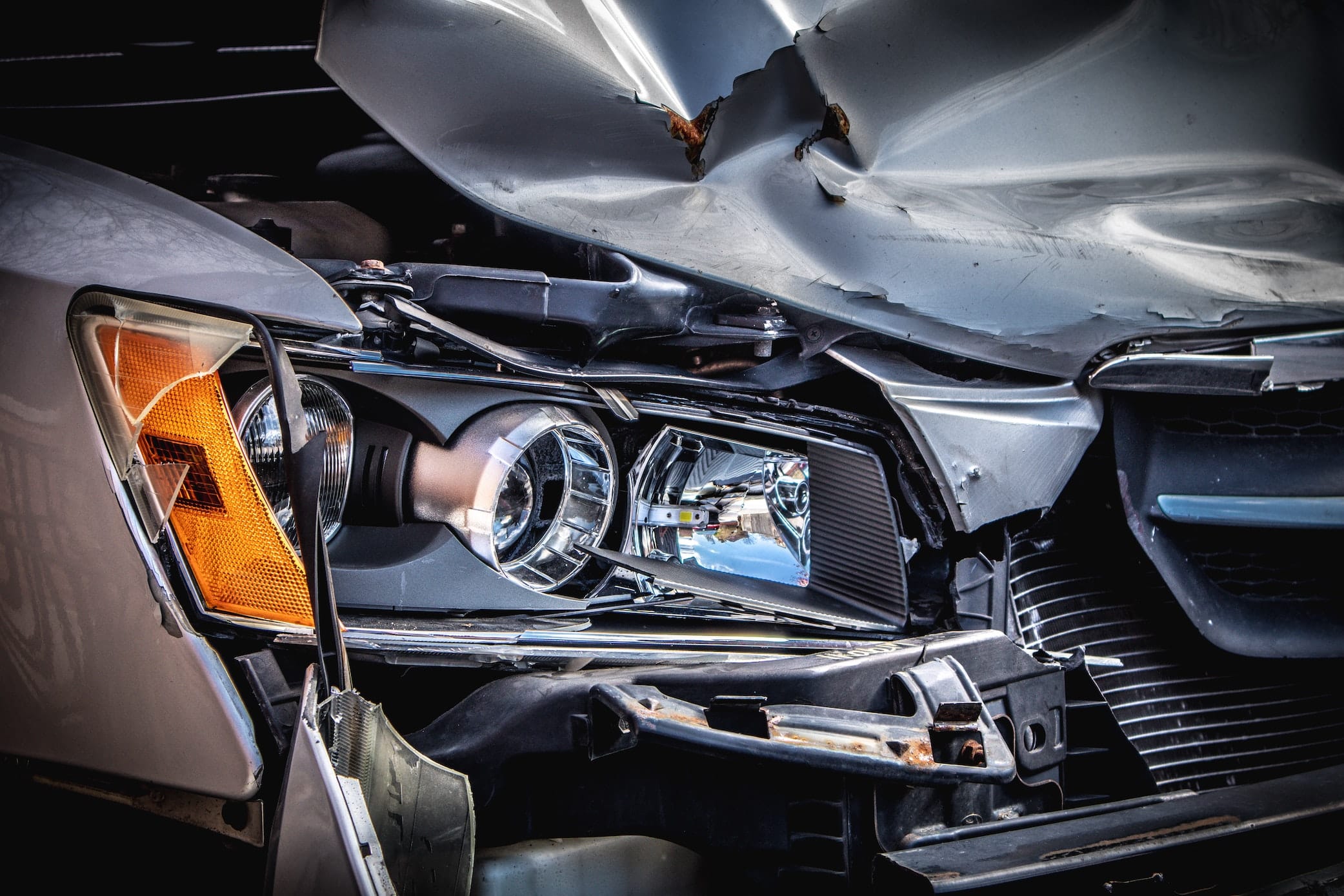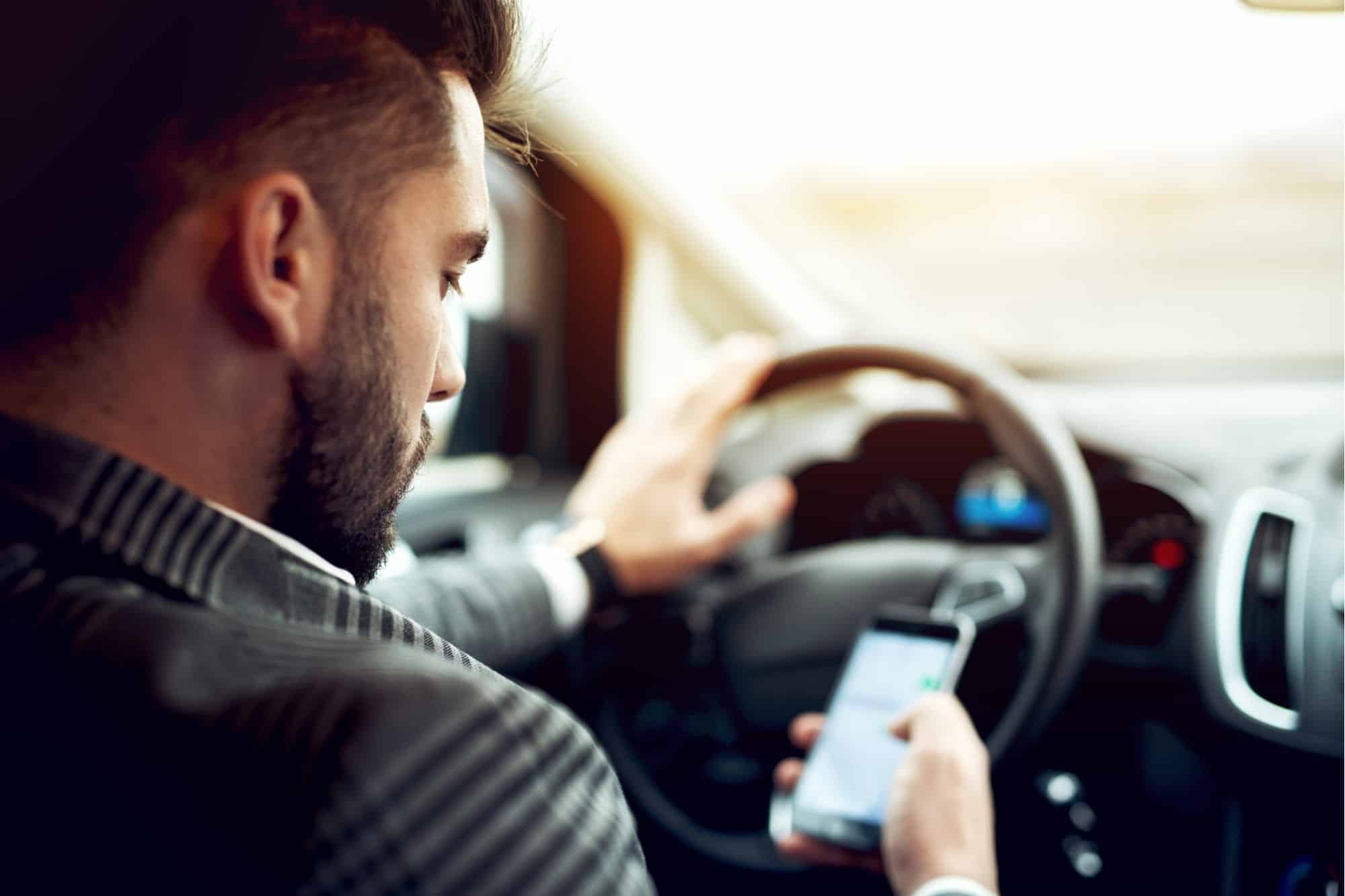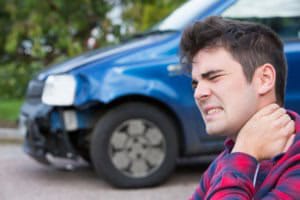Car accidents typically bring to mind scenarios involving multiple vehicles, but what happens when the only vehicle involved is yours? Single-car accidents, though less common, can still have significant legal implications. In this blog post, we’ll explore the intricacies of single-car accidents and the complexities of determining liability when there’s no other driver to share the blame.
1. Understanding Single-Car Accidents:
A single-car accident occurs when only one vehicle is involved in a collision, leaving drivers and passengers to grapple with the aftermath without another party to point to. Common scenarios include collisions with stationary objects, rollovers, or veering off the road due to various factors.
2. Driver Negligence and Liability:
Liability in single-car accidents often revolves around driver negligence. If the driver fails to exercise reasonable care, whether due to distraction, impairment, or recklessness, they may be held responsible for the damages resulting from the accident.
3. Road Conditions and External Factors:
While driver negligence is a primary factor, external factors such as poor road conditions, defective signage, or inadequate maintenance may contribute to single-car accidents. In such cases, liability might extend to entities responsible for road maintenance or relevant authorities.
4. Mechanical Failures and Product Liability:
Mechanical failures, such as brake malfunctions or tire blowouts, can lead to single-car accidents. In these instances, the liability may shift to the manufacturer or maintenance provider if it can be proven that a defective part or inadequate maintenance caused the failure.
5. Weather-Related Challenges:
Adverse weather conditions, such as heavy rain, snow, or ice, can significantly increase the risk of single-car accidents. While drivers are expected to adjust their driving to accommodate weather conditions, liability may still be attributed to them if their actions are deemed negligent.
6. Injuries to Passengers:
Passengers in single-car accidents may have legal recourse if the driver’s negligence contributed to the crash. In such cases, passengers can pursue claims against the driver’s insurance or, if necessary, file a personal injury lawsuit.
7. Proving Liability in Single-Car Accidents:
Proving liability in single-car accidents can be challenging due to the absence of another driver. Gathering evidence, such as witness statements, accident reconstruction, and, if available, surveillance footage, becomes crucial in establishing the circumstances leading to the accident.
While single-car accidents lack the complexity of multi-vehicle collisions, determining liability is still a multifaceted process. Whether it’s driver negligence, external factors, or mechanical failures, understanding the intricacies of single-car accidents is essential for those seeking compensation or defending against legal claims. If you find yourself involved in a single-car accident, consulting with a legal professional can provide clarity on liability, help navigate insurance claims, and ensure your rights are protected throughout the process.

